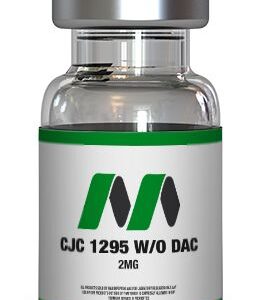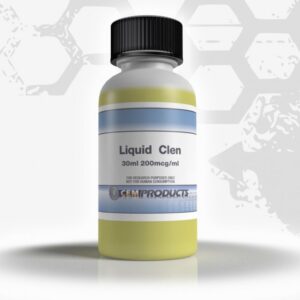Melanotan II at a Glance
According to scientific study based on animal test subjects, Melanotan II has been shown to work with the pituitary gland to elevate the expression of melanin, which is normally secreted as a response to the exposure to ultraviolet rays in a process known as melanogenesis. The peptide is able to boost the half-life of the secretion, and it is also able to induce the secretion without the presence of the ultraviolet rays that it would otherwise need to draw out such expression.
Hypothetical Benefits of Melanotan II
Scientific study on animal test subjects has determined that Meanotan IIs ability to produce an uptick in the expression of melanin can conceivably allow it to be a key player in lowering the likelihood of skin cancer development. The main reason behind this thought comes from the peptides ability to induce the secretion without the harmful effects of ultraviolet rays being part of the process. That said it should be noted that studies indicate that the peptide would not be able to stave off the deadliest form of skin cancer, malignant melanoma, because that particular form of cancer is caused by indirect DNA damage and not exposure to ultraviolet rays.
Strictly for Controlled Environments
It should be noted that any findings or observations that relate to Melanotan II and its overall functionality should exclusively be done within a strictly controlled environment, such as a medical research facility or a laboratory. The reason for this is due to the fact that the peptide and the study its operational is currently just fit for scientific study on animal test subjects. As such, it should be noted that research that has been derived regarding Melanotan II is due to scientific tests conducted in a controlled environment only.








Reviews
There are no reviews yet.